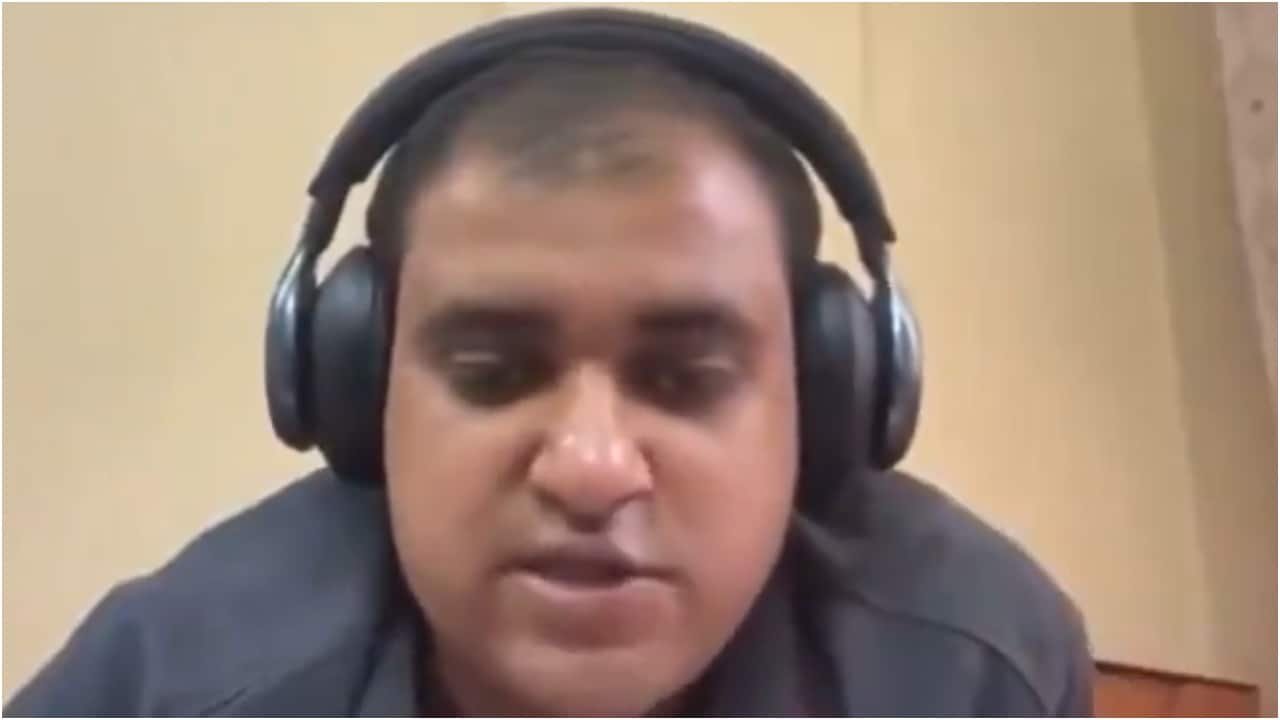 |
|
The tragic suicide of Atul Subhash, a 34-year-old Bengaluru-based engineer, has ignited a firestorm of controversy and sparked intense debate on social media and within the broader Indian legal landscape. Subhash, a senior IT professional at Accenture, left behind a comprehensive 24-page suicide note and a 90-minute video detailing years of alleged harassment and extortion at the hands of his estranged wife, Nikita Singhania, her family, and a family court judge. His accusations, naming Nikita, her mother Nisha, brother Anurag, uncle Sushil, and Judge Reeta Kaushik, have led to a police FIR filed by Subhash's brother, Bikas Kumar, under relevant sections of the Indian Penal Code. This case shines a harsh light on the often-unseen struggles faced by men in marital disputes within the Indian legal system, highlighting systemic issues and raising urgent questions about justice and accountability.
The immediate aftermath of Subhash's death has been characterized by intense online activism. A significant portion of the public ire is directed towards Accenture, Nikita Singhania's employer. Social media platforms, particularly X (formerly Twitter), have seen a deluge of demands for Singhania's termination, with users issuing ultimatums to Accenture and threatening large-scale online campaigns. In response to this mounting pressure, Accenture swiftly locked its official X account, limiting public access, a move that has further fueled the controversy and been interpreted by some as an attempt to evade accountability. This action has drawn criticism from figures like BJP advocate Ashutosh Dubey, who has accused Accenture of complicity through its silence and demanded that the company either dismiss Singhania or face sustained public backlash. The incident underscores the potent influence of social media in shaping public opinion and applying pressure on corporations to respond to sensitive social issues.
The case has transcended a simple employer-employee issue, evolving into a wider discussion about the inadequacies of the Indian legal system concerning marital disputes and the challenges faced by men in such situations. Journalists and commentators have weighed in, highlighting alleged systemic biases and the need for legal reforms to provide equitable protection for both men and women. Criticisms have been leveled at the alleged inaction of the family court judge, with calls for investigations and potential repercussions. Subhash's final messages, shared online, described the emotional and financial toll of protracted legal battles, including multiple cases filed against him by his wife, often involving demands for substantial alimony. These messages, coupled with the graphic details in his suicide note and video, have served to amplify the sense of injustice felt by many and have spurred a conversation about the urgent need for improved support systems and resources for men facing similar situations. The case is not just about the actions of individuals; it's a reflection of the broader societal and legal context surrounding marital disputes and the need for comprehensive reforms.
The outpouring of support for Atul Subhash on social media showcases the power of collective online activism in raising awareness about critical social issues. While social media has proven effective in amplifying voices and demanding accountability, it also raises concerns regarding the potential for misinformation, biased narratives, and online harassment. The case underscores the need for a nuanced and responsible approach to online activism, ensuring that the pursuit of justice does not inadvertently lead to further victimization or the spread of inaccurate information. The tragedy of Atul Subhash’s death serves as a poignant reminder of the complexities involved in marital disputes, the need for equitable legal frameworks, and the importance of addressing the mental health concerns of individuals navigating such challenging circumstances. The future implications of this case extend beyond the immediate legal proceedings, potentially influencing policy changes, corporate response mechanisms, and the overall societal dialogue concerning gender equality and justice within the Indian legal system.
Ultimately, the Atul Subhash case highlights a critical need for comprehensive legal reforms in India that address the imbalances within the family court system and provide equitable protection for both men and women facing marital disputes. This includes providing more robust mechanisms to deter false accusations, offering accessible support systems and mental health resources for those embroiled in legal battles, and promoting a more balanced approach to alimony and financial settlements. Furthermore, the incident underscores the crucial role of corporations in addressing internal workplace issues and responding responsibly to public concerns, recognizing the ethical implications of their actions and the impact on the lives of their employees and the wider community. The events surrounding Subhash’s death should serve as a catalyst for urgent societal introspection and policy changes to ensure that no one else suffers a similar fate.
